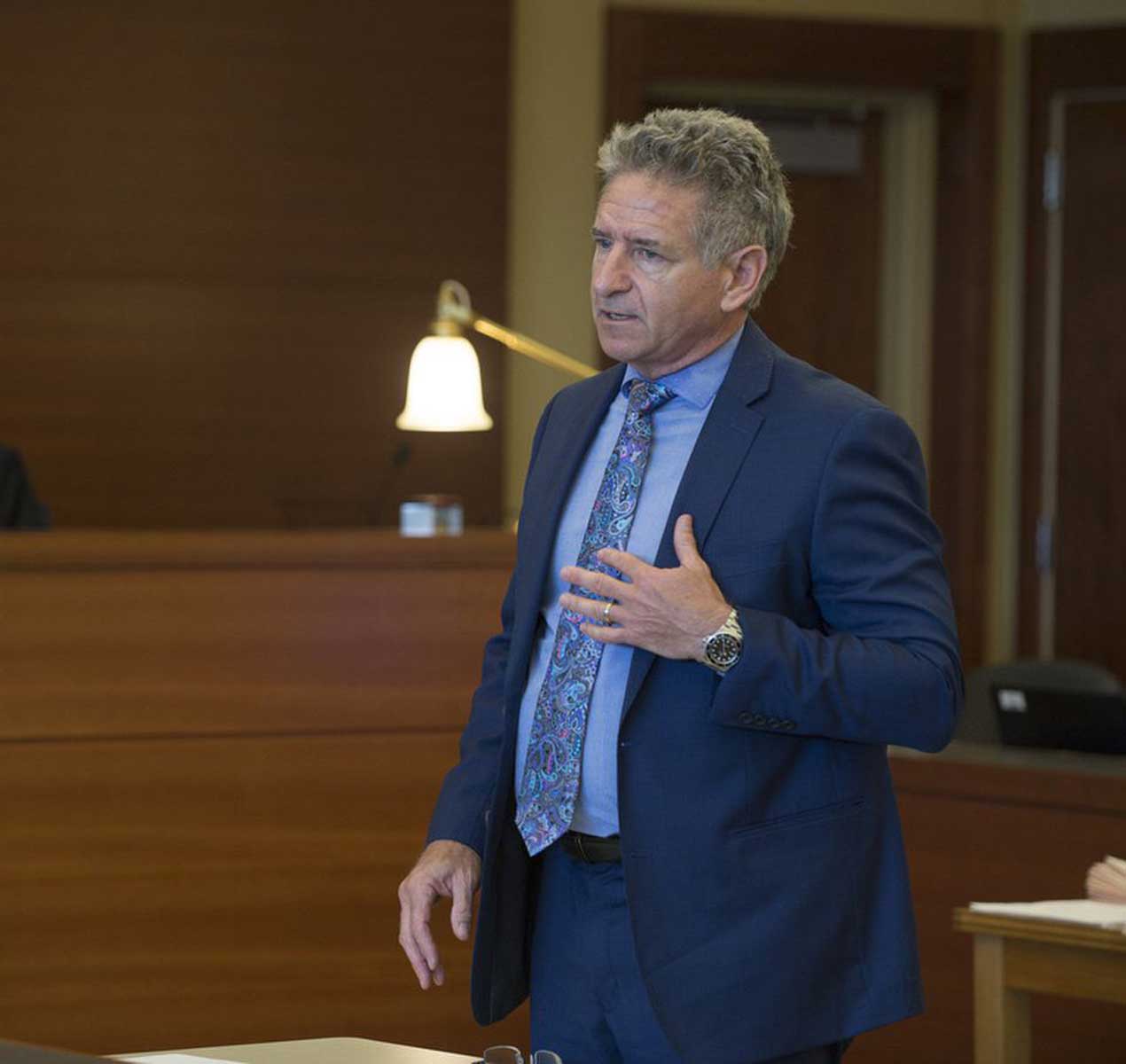A conviction on any criminal charge is never a positive thing for someone in New Jersey. It is possible, however, for a case to go from bad to worse. What can tip the scales is how prosecutors decide to press the case. This might be particularly true for someone facing drug-related criminal charges.
Many readers may be aware that drug crime is one area in which multiple jurisdictions can come into play. An individual arrested could be tried in state court or federal court. In some cases, a case could be pursued in both jurisdictions. To the extent an attorney’s experience includes an understanding of prosecutors sort cases, it may serve to work to a defendant’s favor because of differences in sentencing structures. Where federal court convictions call for mandatory minimum sentences, state guidelines often allow judges discretion to be more lenient.
New DOJ directive on drug crimes
Having an appreciation of the differences in venue may be more important now than in recent years. Attorney General Jeff Sessions recently sent a memo to all U.S. attorneys directing them to get tougher in drug crime cases. Specifically, he told officials to “charge and purse the most serious, readily provable offense” in such cases. And the offenses he says are most serious are those that yield the longest prison sentences.
The directive effectively rescinds Obama-era policies that observers say were aimed at reducing federal prison time for defendants convicted of non-violent drug crimes. The rule that held sway from about 2010 was one that left it to the local U.S. attorney to set prosecution strategies based on the needs of the specific region. Now, control appears to be returning more to Washington. And some legal experts predict federal drug prosecutions will increase across the Northeast U.S.

